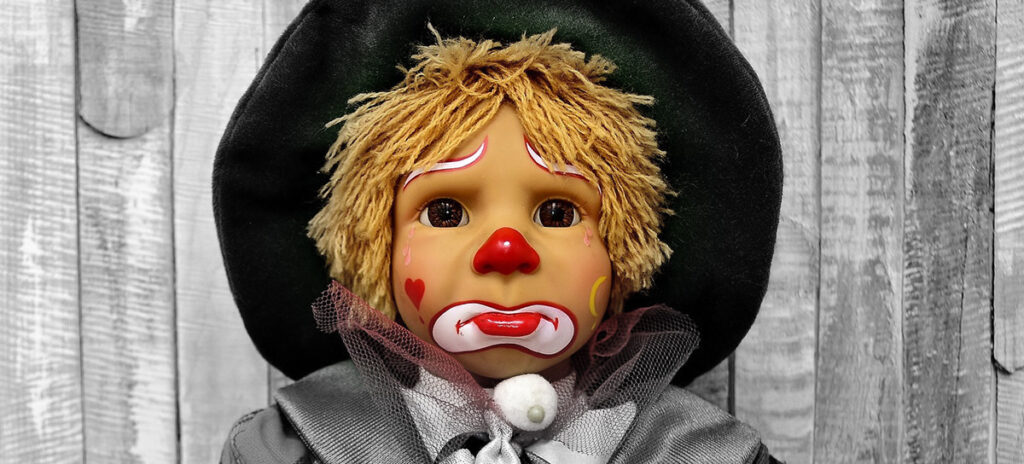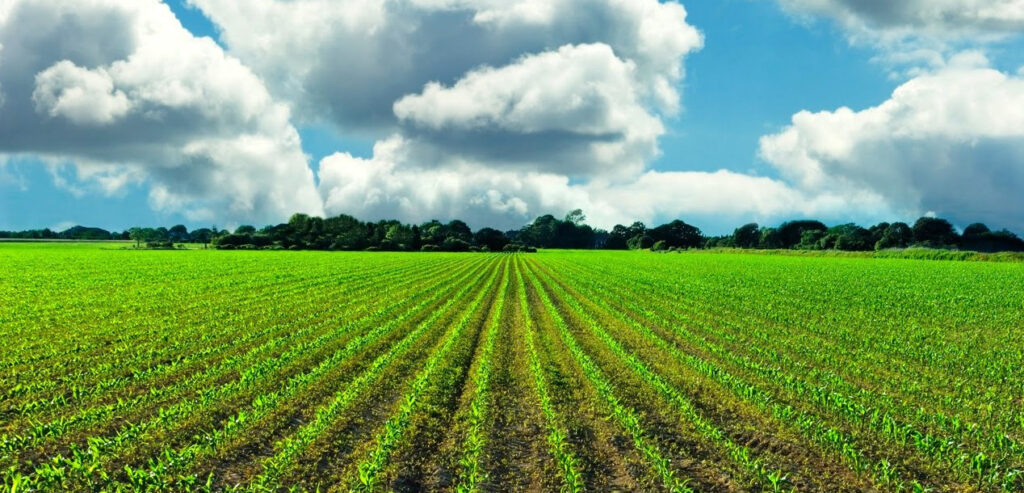A few days ago, a man spoke with a friend who was distressed about an interview he watched on CNN prophesizing a disturbing number of COVID-19 fatalities expected in Florida if the state pursued herd immunity through its current policies. Now the man is no expert on COVID-19 or epidemiology, but he suspected the number of deaths claimed in the interview was inflated given the context of the interview. Suggestion is quite amplified and very much abound these days. And the news media are particularly active players in that game.
Out of interest, the man decided to take a look at the numbers and see what such a scenario might look like based on data reported in the state. And the resulting estimates were between 89,000-170,000 deaths and 516,000-707,000 hospitalizations. Although a breakdown was provided to the friend, how those numbers were derived isn’t really relevant to this article. Don’t invest much credibility in those estimates. It was largely an indulgent experiment in armchair analysis.
Now although those estimates are staggering in the eyes of most, it was not quite the apocalypse as presented by CNN. And that recognition popped a cork open on a bottleful of “Not-I’s” that have been quietly incubating. And here’s some of the inner chatter he observed:
“Those of the left-leaning, alarmist bent who imply it’s impossible to have a functioning economy while responsibly keeping cases under the curve, or who try to earn attention and support by crafting fearful headlines, seem disingenuous at best and often promote a course of direction that risks social and economic collapse—potentially with consequences much greater in loss of life than COVID-19.”
“It seems today’s American left will say nearly anything at the moment to advantage the next election, frequently misrepresenting facts and impulsively rejecting any ideas that emerge from the perceived “MAGA-side” of the political spectrum, regardless of the potential consequences to society. Even liberal friends acknowledge this truth, yet remain glued to CNN like injecting heroin addicts aware their addiction is killing them.”
“Conversely, those in the right-wing spectrum who disregard any personal role in reducing transmission seem to have lost regard for the rest of society, endanger the integrity of the healthcare system, and consequently, court greater fatalities that could be avoided if we keep the curve under control. Not to mention a potential economic disaster from future shut downs.”
“Fueling belligerence on the right is a president who can easily be viewed as embracing pseudoscience, scoffing at the advice of experts, intentionally divisive, and encouraging disregard for transmission control through his behavior and statements.”
“This matter, the politicization of COVID-19 and polarization of ideological opinions is perhaps the most avoidable tragedy we face right now as Americans. Few people in the public eye seem to be viewing COVID-19 with any degree of objectivity. Even fewer seem to appreciate that COVID-19’s features present a unique opportunity to address both concerns—keep a working economy afloat and avoid healthcare system overload.”
“Perhaps mental inflexibility is America’s greatest disease at the moment.”
“Viewing it from outside any specific political narrative, I observe sadness when I watch the clowns these days. Not anger. Not disgust. Just simply, sadness.”
“By clowns I mean the ideologues of both the left and the right wing circuses who appear to be sleep-walking while swinging chainsaws. It’s maybe a powerful example of what Gurdjieff meant when he wrote, “The terror of the situation,” to describe a world of ‘sleeping humans’ staking prideful beliefs and ambitions against the fate of humanity. “
“Yet I also realize, most people don’t have a choice. Our words and actions are largely scripted by conditioning accumulated through a lifetime of experience, with all sharing a common yearning for security through confidence of belief and sense of order and control.”
And that last string of thoughts flips on a light switch illuminating the room. And the man catches a glimpse in the mirror of a familiar face wearing a clown nose.

And the Tree of Knowledge of Good and Evil now appears before him, adorned with his words of inner complaint like ornaments on a Christmas Tree.
Story. Story. Story…The man realizes he’s standing on stage holding a script in his hand.
And the actor breaks from character, sets the script down, and recalls an old tale about a farmer and a horse…
A farmer was working in a field one day when a wild, but docile horse appeared. He approached the horse and brought it into his stable.
When he shared the news with his neighbors, everyone was delighted and said how good that was. As a simple man, the farmer shrugged his shoulders and stated he didn’t know much about ‘good and bad,’ but was thankful for the new horse.
A few weeks later, the horse escaped the farmer’s field and ran off. When the news broke out, everyone was dismayed and said how unfortunate that was. Again, the farmer said he didn’t know much about ‘fortune or misfortune,’ and quietly went back to work in the field.
Then, a few days later, the horse returned grazing with a group of horses, and the man’s stable multiplied. Surprised by this turn of events, everyone remarked at how great that was.
As the man’s son was riding later that week, he was thrown from the horse and broke his leg. Everyone was upset and said how terrible that was. The farmer just shrugged his shoulders and went home to tend his son.
Shortly later, the King’s army came through conscripting all able young men for a war. But seeing the man’s son limping on a splinted leg, they passed him over and moved onto the next village.
And so the story continues…
There are so many unforeseeable events that can influence the outcome of our experience with COVID-19. The arrival of a vaccine, new treatments, politics and policy measures, and public cooperation are only a handful of factors which may contribute.
If there’s one remarkable lesson we can all learn from the novel coronavirus, we can often infer probability, but no one can predict the future. Yet we all believe we’re fortune tellers. We do it every time we blame…Every time we complain…Every time we curse at the TV. We do it every time we think a thought or make a statement that starts with the words, “If only…If they…If he…They should…He should…” and so many similar variations.
So where does that leave us actors on stage while in the middle of an act featuring Coronavirus?
Referring back to the farmer story, it seems all the horses have run off and left the farmer’s son with a broken leg. And while the townspeople are lamenting about how terrible that is and what the farmer should do, the farmer shrugs his shoulders and tills the soil not knowing what will happen in the future. Only that it’s not the end of the story.
If you look up at some point and catch yourself standing on stage reading a script with fearful lines about COVID-19, or peek in a mirror and see a red ball on your nose, maybe turn off Fox News and CNN for a while and give farming a try.
It’s not easy work, but you just may find a miraculous Present waiting in the field.

